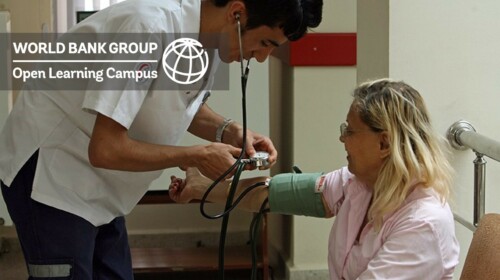The course has six modules, each looking at a basic management function, from the perspective of a sub‐national health system. It aims to provide valuable material and practical tips and tools for strengthening your managerial skills. The first module covers Strategic Planning and Strategic Management. Module 2 on Organizational Behavior provides tools and tips for managing people. The Financial Management module (Module 3) concentrates on managing money, discussing sources of financing, and budgeting skills. The Information Systems module (Module 4) describes the importance of information for managers, outlines a systematic approach to developing information systems, and provides examples of how modern technology can improve the efficiency and usefulness of information systems. In Module 5 on Communications you will learn how to communicate more clearly and effectively, and build skills in listening and delivering your message. The sixth module is on change management. People often resist change, but there are ways to help make people more open and accepting, and willing to embrace new and potentially better ways of delivering health care. If done well, change management can greatly improve the acceptability of health sector reforms, and hence their success or failure.
Target Audience
Public managers in the health sector at the subnational level.
Learning Objectives
After the completion of the course, participants will be able to:
- Understand the Strategic Planning and Strategic Management
- Understand organizational behavior provides tools and tips for managing people.
- Understand the financial management which concentrates on managing money, discussing sources of financing, and budgeting skills.
- Understanding the Information systems, the importance of information for managers outlines a systematic approach to developing information systems and provides examples of how modern technology can improve the efficiency and usefulness of information systems.
- Understand the importance of communications and make it more clearly and effectively, and build skills in listening and delivering your message.
- Understand that people often resist change, and find ways to help people which they are more open and accepting, and willing to embrace new and potentially better ways of delivering health care.









